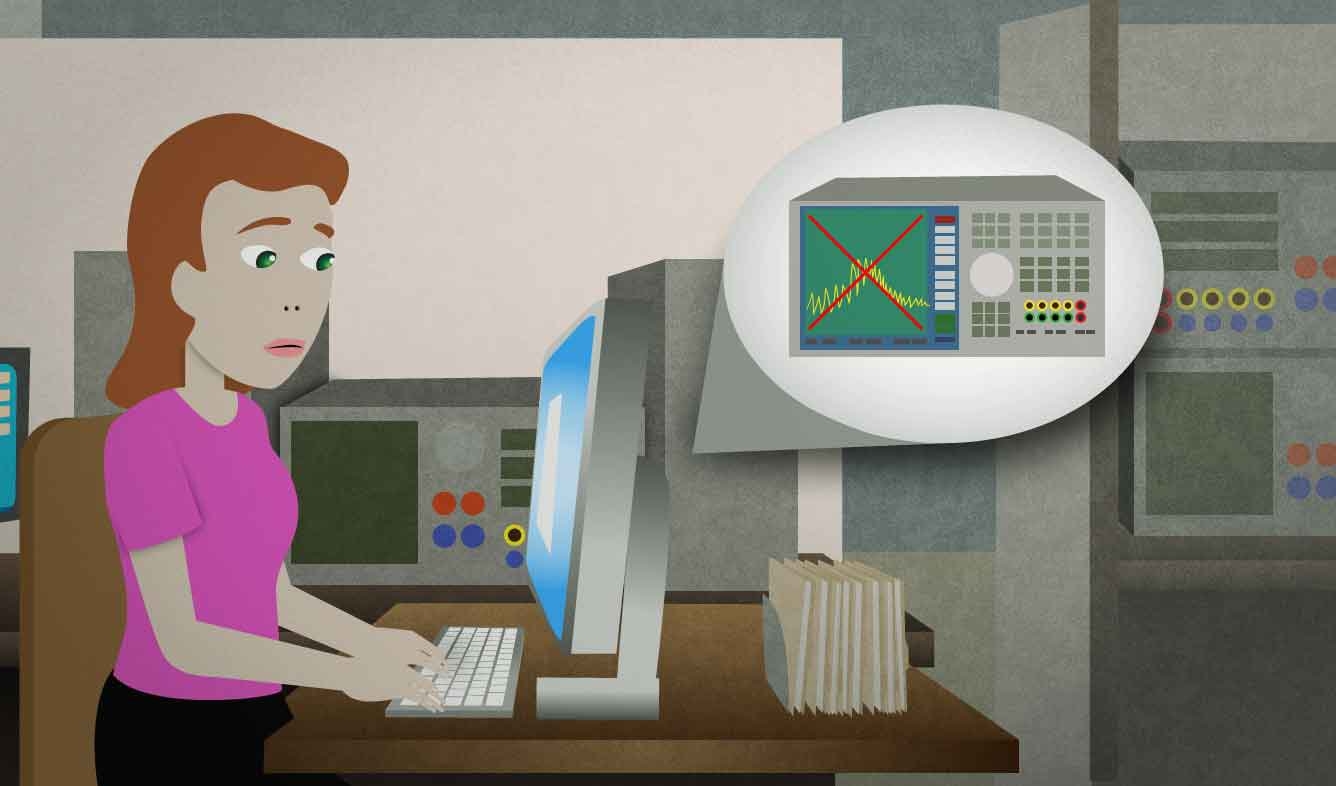“We're having a problem with the spectrum analyzer. I'm hoping someone on your team can help us find a fix.”
You're an electrical engineer. A piece of equipment that you use isn't working correctly. You send an email to the person in charge of the department that maintains your equipment and ask for help.
We're having a problem with the spectrum analyzer. I'm hoping someone on your team can help us find a fix.
Want Video and Sound? Follow us on YouTube

(someone's) team
In business, people often call the group that they work with (their company or department) a "team". For example, if a company wants to hire people to work for them, they'll put a link on their website which says:
Join our team.
Small companies also advertise the people that work there in a section on their website titled "Our Team".
You can name other departments or groups in your company by one of their members:
What's Becky's team working on these days?
And if you want to praise the people who work for you, you can say this:
We've got a fantastic team here.
help (someone) (do something)
In spoken English, you can talk about someone giving help for doing something with this phrase. Some other examples:
Would you help me put the groceries away?
Help me lift this, would you?
(someone) is having a problem with (something)
Use this phrase when something is broken, causing problems, or difficult to understand:
We're having a little problem with one of our suppliers.
You can talk about a person this way also:
What's wrong? Are you having a problem with one of your coworkers?
"Having a problem with ___" is diifferent from "have a problem" because it's temporary. If you "have a problem with" someone, it means that you don't like them:
A: Do you have a problem with me?
B: Yes, as a matter of fact, I do. You're a lazy, selfish, jerk.
spectrum analyzer
This is the name of an instrument that some engineers and maybe scientists use. It's not important to know what a "spectrum analyzer" is unless you use one for your work or hobbies.
I'm hoping (that something will happen)
You usually talk about your hopes for the future with the phrase "I hope ___":
I hope it doesn't rain today.
But sometimes English speakers say "I'm hoping ___" instead. "I'm hoping ___" expresses a little more sense of actively waiting to find out the answer. For example, you might say this if you're trying to sell your house:
I'm hoping that we'll be able to sell it by the end of next month.
You can also say "I'm hoping to ___":
I'm hoping to finish the last chapter over the weekend.
find a fix
"A fix" is a way of fixing something that's broken or not working correctly. We usually talk about "finding a fix", "searching for a fix", or "looking for a fix":
I think we've found a fix for the image quality problem we were having.
Ezra and Malcom are searching for a fix.
